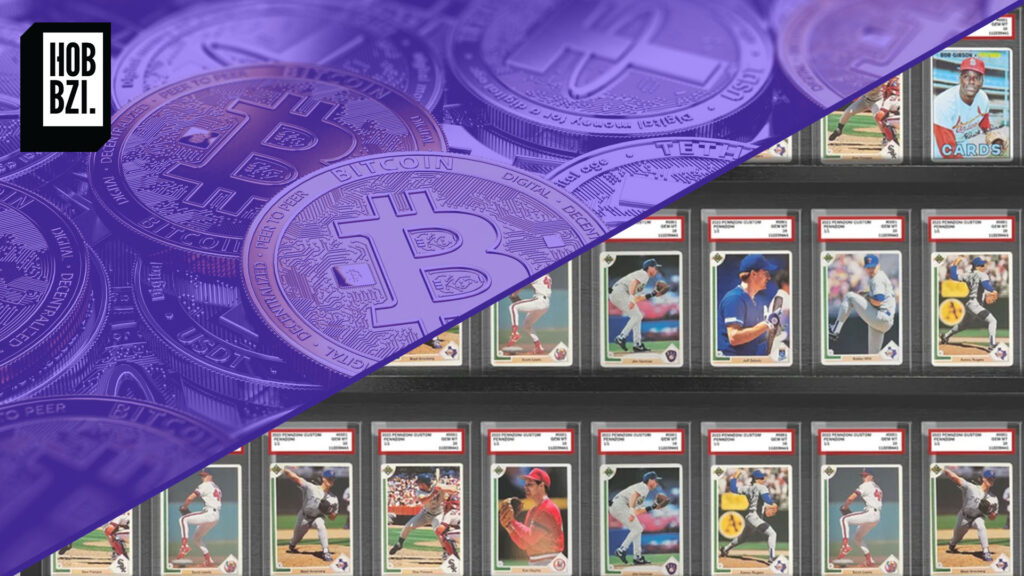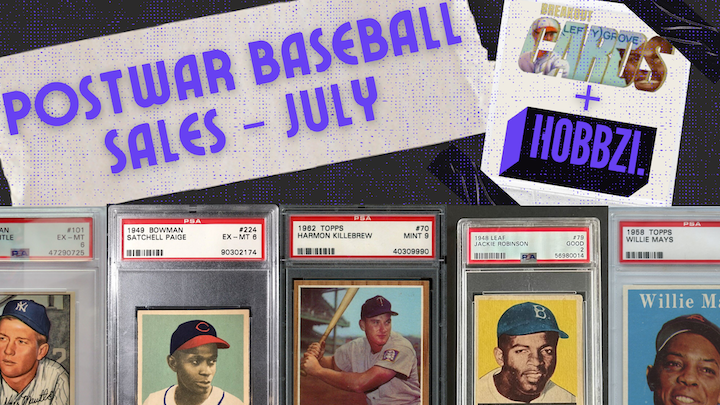In the world of finance and investments, there’s always room for unique analogies to help us understand complex concepts. One such analogy that has emerged recently is the comparison between baseball cards and cryptocurrencies. While they may seem like unrelated industries, lawyers for Coinbase Global have cleverly drawn parallels between the two to challenge the Securities and Exchange Commission’s (SEC) lawsuit against them. In this article, we’ll explore the lighthearted comparison between baseball cards and crypto, uncovering the arguments made by Coinbase’s legal team and shedding light on the historical development of the digital assets market.
The SEC Lawsuit Against Coinbase
The SEC lawsuit, filed on June 6, accuses Coinbase of being an unregistered securities broker and exchange. However, Coinbase’s lawyers have come up with compelling arguments to dismiss the suit, highlighting the misinterpretation of the Howey test by the SEC. According to Coinbase, a “scheme” without a contractual undertaking does not qualify as a security. They further argue that recent crypto cases do not support the SEC’s efforts to use the term “scheme” as an escape hatch from statutory text. Coinbase’s legal team believes that the SEC’s portrayal of a simple asset sale as a security is an unprecedented stretch.
Baseball Cards as Commodities
To illustrate their point, Coinbase’s lawyers draw a striking comparison between investing in baseball card companies and buying baseball cards on the open market. They argue that investing in a baseball or trading card company, through an instrument that imposes obligations on the company, would be considered a security. On the other hand, buying baseball cards with the hope of their appreciation in value is comparable to investing in a commodity. Even if the company behind the cards makes representations about plans to create a premier card trading platform, it does not transform baseball cards into securities. Simply put, baseball cards are not ‘shares’ in the baseball card enterprise.
Crypto Exchanges and the Stock Market
Coinbase’s legal team goes on to differentiate crypto exchanges from the stock market. They emphasize that a crypto exchange involves an asset sale, similar to the sale of a parcel of land or a condo in a new development. They even draw comparisons to popular collectibles like American Girl Dolls, Beanie Babies, and, interestingly, baseball cards. This argument stems from the historical development of the market for digital assets and tokens, which had its roots in platforms like Mt. Gox, originally an exchange for the trading of Magic: The Gathering cards.
Understanding the Howey Test
To fully grasp the implications of the Coinbase lawsuit, it’s essential to understand the Howey test. The Howey test is a legal framework used by the SEC to determine whether an investment contract qualifies as a security. It consists of four elements: an investment of money, in a common enterprise, with the expectation of profits, solely from the efforts of others. Coinbase’s lawyers argue that the SEC has misread the Howey test in asserting that a ‘scheme’ without a contractual undertaking is sufficient to classify an investment as a security.
The Rise of Cryptocurrencies
Cryptocurrencies have gained significant traction in recent years, revolutionizing the financial landscape. Bitcoin, the first major cryptocurrency, paved the way for a digital currency revolution. Since then, a multitude of cryptocurrencies have emerged, each with its unique features and use cases. The decentralized nature of cryptocurrencies, coupled with blockchain technology, has attracted millions of users worldwide. Despite their popularity, cryptocurrencies have faced regulatory challenges and legal scrutiny, as evidenced by the SEC’s lawsuit against Coinbase.
The Appeal of Baseball Cards
Similar to cryptocurrencies, baseball cards have captivated collectors and enthusiasts for decades. Baseball cards gained prominence in the early 20th century, becoming highly sought-after collectibles. The value of baseball cards depends on various factors, such as rarity, condition, and the popularity of the player depicted. Collectors often engage in buying, selling, and trading baseball cards, hoping to profit from their investments. This dynamic market for baseball cards serves as an interesting backdrop for the comparison to cryptocurrencies.
The Intersection of Collectibles and Investments
Both baseball cards and cryptocurrencies straddle the line between collectibles and investments. While collectors may appreciate the sentimental value of baseball cards, they also recognize the potential for financial gain. Similarly, cryptocurrency enthusiasts are drawn to the technology and the ideology behind decentralized finance, while also considering the potential profitability of their investments. This intersection of collectibles and investments creates a unique parallel between baseball cards and cryptocurrencies.
The Future of Crypto Regulation
The outcome of the Coinbase lawsuit against the SEC will likely have significant implications for the regulation of cryptocurrencies. If Coinbase’s arguments prevail, it may set a precedent for future cases and shape the regulatory landscape for crypto exchanges. The SEC, on the other hand, may seek to strengthen its oversight of the cryptocurrency market to protect investors. Ultimately, finding the right balance between regulation and innovation will be crucial for the future of cryptocurrencies.
Conclusion
The comparison between baseball cards and cryptocurrencies, as presented by Coinbase’s legal team, offers an intriguing perspective on the SEC lawsuit. By likening the buying and selling of baseball cards to the trading of cryptocurrencies, Coinbase’s lawyers have challenged the SEC’s classification of crypto exchanges as securities brokers. This lighthearted analogy highlights the complexity of the legal issues surrounding cryptocurrencies and the need for a nuanced approach to regulation. Whether or not the comparison between baseball cards and crypto holds up in court, it serves as a reminder of the ever-evolving nature of finance and the creative ways we seek to understand it.













